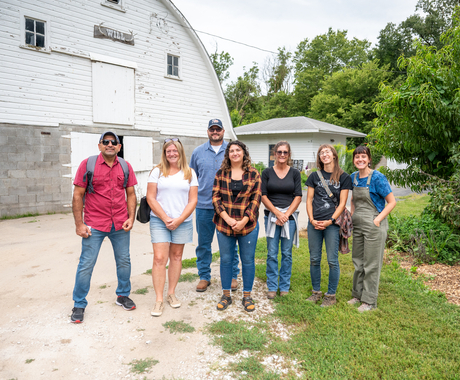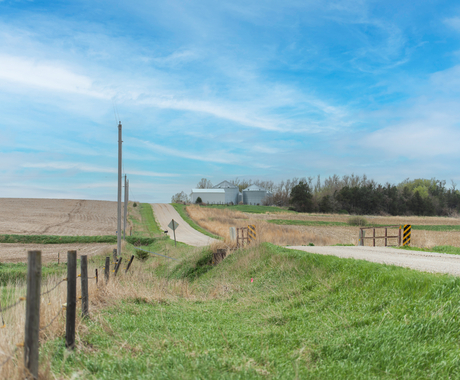Rhea Landholm, brand marketing and communications manager, [email protected], 402.687.2100 ext 1025
LYONS, NEBRASKA – Adverse possession, a common law principle that dates back to 2000 B.C., was mentioned in 5,046 court cases in the United States between 1960 and 2015. During the same period, there were 176 cases in Nebraska.
Does a land use law created centuries ago still have a place in today’s modern society? The Center for Rural Affairs examines this question in its white paper “Adverse to change: a modern look at adverse possession” released today.
Under the doctrine, individuals who have occupied a parcel of land for 10 years can claim ownership if they meet certain legal requirements. To claim adverse possession under current Nebraska law, the requirements are:
- Actual, requiring use of the property.
- Exclusive, meaning only the trespasser is in possession.
- Open and notorious, meaning occupancy is not hidden from the owner or general public.
- Hostile, done without permission of the owner.
- Continuous occupation over a 10-year period.
“There is cause for concern when a landowner who has been paying property taxes on a parcel of land loses it to a claim of adverse possession,” said Johnathan Hladik, policy director at the Center for Rural Affairs and co-author of the report. “Nebraskans take great pride in land ownership, and we should be treated fairly when we follow the rules and and pay the taxes we owe.”
Unlike 18 other states, Nebraska code allows an adverse possessor to claim ownership to a parcel of land even if the original owner has been consistently paying taxes on the property. When this happens, the original owner not only loses the land, but is stuck paying taxes for property they didn’t use. This can result in the loss of tens of thousands of dollars, according to Hladik.
“Adverse possession is an important doctrine that encourages productive use of property, but can be manipulated to take advantage of a landowner acting in good faith,“ he said. “Other states have addressed this by giving courts the power to award damages for property taxes paid when doing so is fair and equitable to all parties involved. This is needed in Nebraska, and we encourage the Unicameral to make this change.”
The white paper provides a historical perspective of adverse possession and explores the legislative solutions enacted around the country to address issues of fairness. To view “Adverse to change: a modern look at adverse possession,” visit cfra.org/publications.




